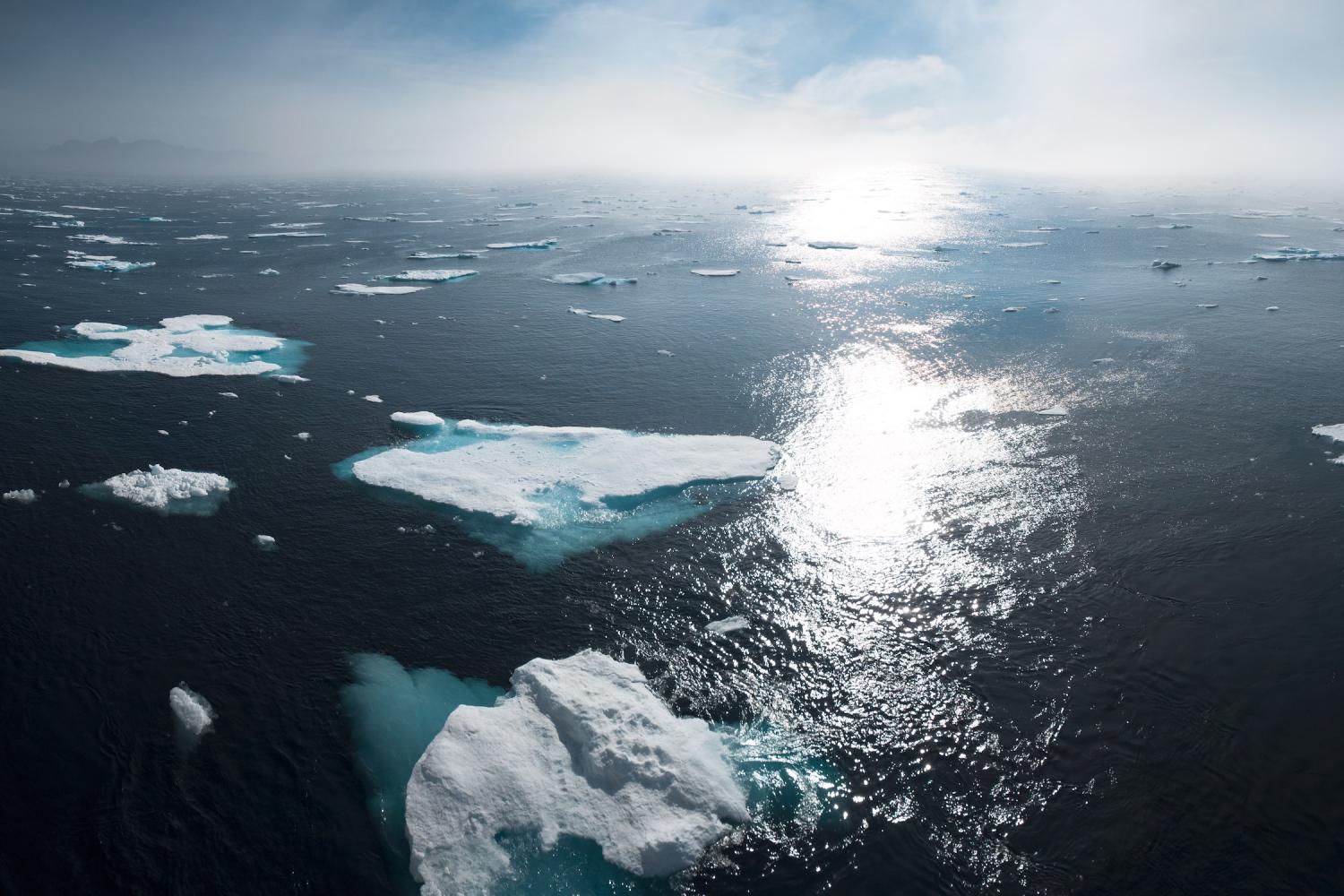
The majority of people in the U.S. now agree that human activity is influencing climate change, according to a recent poll conducted by the Washington Post and the Kaiser Family Foundation. Further, those viewing climate change as a “crisis” has leapt from 23 percent to 38 percent in the past five years.
These findings are in line with several other recent surveys (here and here for just two examples). It is likely no coincidence that minds began to change during a time period peppered with extreme weather events, such as five major hurricanes, successive extremely hot years, wildfires and riparian flooding. Local television meteorologists have also become more inclined to cite climate change as a contributing factor to extreme weather events in recent years.
While the fact that 79 percent of American adults polled said that humans are contributing to climate change is good news, that leaves nearly a fifth of respondents who believe they are not. Another recent poll, by YouGov and the Cambridge Globalism Project, found that 13 percent of Americans believe human activity is not at all responsible for climate change, coming in third of the 23 nations polled behind Saudi Arabia (16 percent) and Indonesia (18 percent).
Some experts attribute findings like these to a concerted campaign of misinformation by fossil fuel companies and backers, but it is cause for alarm for many that the current administration in Washington seems intent on rolling back any and all advances the country has made to take action on climate change.
The Washington Post/Kaiser poll also found that many Americans are not clear about the details of climate science—for example, citing plastic bottles and bags (43 percent) or the sun getting hotter (37 percent) as major contributors to climate change. Several experts, however, told the Washington Post it is not necessary for people to know the details as long as they understand the seriousness and the actions everyone can take.
And there are signs for optimism. The annual U.N. climate talks (COP25) are underway in Madrid, and while U.S. federal officials are thin on the ground, a growing coalition of businesses and local and regional governments are stepping in to fill the void.
Case in point: America's Pledge—a coalition founded shortly after U.S. President Donald Trump announced plans to pull the U.S. out of the Paris Agreement on climate change—represents 68 percent of U.S. economic output and over half of U.S. emissions. The group's membership of businesses, cities and states aim to slash emissions by 37 to 49 percent below 2005 levels by 2030—and they are well on their way, according to a progress report released this week.
Transportation (29 percent) and electricity generation (28 percent) represent the largest contributors to manmade climate change. And companies across these sectors are making changes to reduce their emissions. For example, electric vehicle technology has exploded in recent years, and it does not look like it will slow down anytime soon. Volkswagen recently announced new initiatives as part of its effort to pivot toward zero-emission technologies, and IAG recently became the first airline group in the world to set a net-zero carbon target. Business and labor leaders, along with cities across the country, are following suit with their own aggressive climate action plans.
It is easy to get caught up in the latest poll and see only the dire state of 19 percent of the U.S. population in denial about climate science. But it is worth taking a moment longer to see the majority who not only believe we are contributing to climate change, but are part of the effort that will address it.
Image credit: William Bossen/Unsplash

Kate is a writer and policy wonk, with a focus on water, clean energy, climate change and environmental security. She spent over a decade running energy-water nexus and energy efficiency programs at Environmental Defense Fund as well as time at the U.S. Departments of Energy and Defense, U.S. Government Accountability Office, and state and federal legislatures. She serves as an Advisory Board member of CleanTX, which aims to accelerate the growth of the clean tech industry in Texas.














